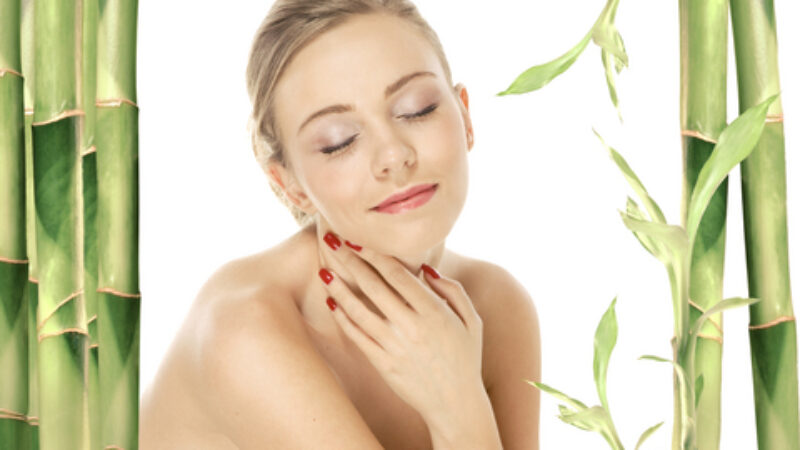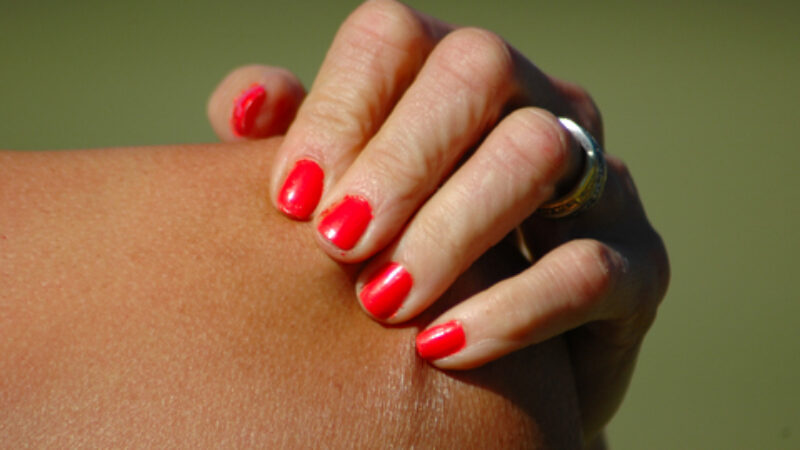 Do they or don’t they? Earlier this year, the Environmental Working Group issued a health warning that sunscreens containing retinyl palmitate could pose a cancer risk. The warning garnered considerable media attention and caused confusion among the public
Do they or don’t they? Earlier this year, the Environmental Working Group issued a health warning that sunscreens containing retinyl palmitate could pose a cancer risk. The warning garnered considerable media attention and caused confusion among the public
You may be able to rest easier now that an independent analysis published online in the Journal of the American Academy of Dermatology (JAAD) determined that there is no evidence that the inclusion of retinyl palmitate in sunscreens can cause cancer in humans. When used in sunscreens, retinyl palmitate is added as a cosmetic ingredient and NOT as an active drug ingredient (as are sunscreen filters). Its purpose in a sunscreen is to act as an antioxidant, which helps to improve the sunscreen’s performance in blocking UV rays.
Dr Wang, a lead investigator and dermatologist involved in the analysis, states, “Based on the current available data from in vitro, animal and human studies, there is no convincing evidence to support the notion that retinyl palmitate in sunscreens causes cancer. On the contrary, years of research suggests that retinoids are helpful in reducing your risk for skin cancer. The bottom line is that people should continue vigilantly using sunscreens along with other sun-safe practices – such as limiting sun exposure, seeking shade, and wearing sun-protective clothing, hats and sunglasses – to reduce the risk of skin cancer and premature aging.”
Read the full article here.




im inqquiring about the lustra skin lightening. I have a port wine stain around my eye area im wondering what the percentage is of it being lightened and is it ok to uuse this if its near my eye area. Thanks
Lustra contains hydroquinone 4%, which is an effective skin lightening agent. The package insert does recommend caution around the eye area – it is a delicate area and may cause irritation. Since port wine stains tend to be caused by an abnormal development of blood vessels, I’m not certain that hydroquinone would be an appropriate treatment. Hydroquinone works on disrupting the production of melanin, the skin’s pigmentation, which is not responsible for port wine stains